Minerals in sports: Little helpers for great performance
Anyone who does sports knows: exercise alone isn't enough—diet often determines performance, recovery, and health. Minerals such as magnesium, potassium, calcium, sodium, and iron play a key role. But how much do athletes really need, and when is targeted intake appropriate?
Why are minerals important in sports?
Minerals are involved in almost all critical processes—from energy metabolism to muscle contraction and regeneration. Without an adequate supply, metabolism, performance, and even the immune system quickly become unbalanced.
Many of these vital substances are involved in body-building (anabolic) as well as body-degrading (catabolic) processes.
The most important minerals at a glance
| mineral | Function in sports | Typical sources |
| magnesium | Energy supply, muscle and nerve function | Whole grains, dairy products, nuts, legumes, green leafy vegetables |
| potassium | Glycogen buildup, fluid balance | White beans, dried apricots, lentils, spinach, potatoes, tomato paste, avocados, walnuts, Brazil nuts, dried fruits |
| calcium | Bones, muscles, nerves | Milk and dairy products (especially hard cheese), broccoli, kale, spinach, sesame, almonds, flaxseed |
| sodium | Fluid and electrolyte balance, nerve impulses, glucose uptake | Table salt, cheese, pickled and preserved products, snacks, bread and baked goods |
| iron | Oxygen transport, energy, immune system | Pork liver, black pudding, meat, wheat bran, pumpkin seeds, sesame, lentils, soy, whole grain |
| phosphorus | Increased bone metabolism | Cheese, fatty fish, pulses, cereal products, meat and sausages |
| zinc | Increased enzyme activity | Wholemeal bread, crispbread, pumpkin seeds, poppy seeds, oat flakes, cheese, fish, eggs |
| selenium | Increased oxidative stress | Brazil nuts, tuna (raw), porcini mushrooms (raw), liver, eggs |
Need: How much is enough?
Requirements vary depending on training intensity, sweat loss, diet, and individual factors. While many athletes meet their needs with a balanced diet, periods of intense exercise can lead to increased losses, for example, through sweat. Magnesium, sodium, and occasionally iron and calcium, in particular, become critical, for example, during endurance exercise or special diets.
Caution: Too much is not better! Especially with potassium and magnesium, an acute overdose during exercise can irritate the gastrointestinal tract and even be dangerous. Many minerals, including potassium and magnesium, are also not suitable for rapid absorption during exercise; instead, they should be stored in sufficient quantities in the body before exercise. Therefore, it is also important to choose the right time for any supplementation.
Magnesium and potassium, for example, must be stored in depots over several days anyway. Therefore, acute supplementation during a stressful situation makes no sense at all.
| Mineral requirements per day | FROM | UNTIL |
| sodium | 1,500 mg | 2,500 mg |
| potassium | 4,000 mg | 6,000 mg |
| magnesium | 300 mg | 700 mg |
| calcium | 1,000 mg | 2,500 mg |
| iron | 10 mg | 40 mg |
| phosphorus | 700 mg | 3,500 mg |
| zinc | 7 mg | 30 mg |
| selenium | 60 µg | 100 µg |
The best strategy for athletes
Focus on a natural, balanced diet: At least five portions of fruit and vegetables a day provide almost all minerals in a readily available form.
Don't forget to drink fluids: Especially during prolonged or intense exercise, it is important to compensate for water and sodium loss by drinking sensibly.
Supplements with caution: Dietary supplements are useful in special life situations – such as proven deficiencies or extreme stress – but they do not replace a basic diet.
Regeneration counts: After training, proteins, carbohydrates and targeted mineral intake (especially potassium, magnesium and sodium) help with optimal recovery.
Conclusion
Minerals are essential for athletes, but a varied, needs-based diet is usually sufficient. Targeted mineral supplementation during training is usually not necessary—exceptions confirm the rule in cases of exceptional stress or proven deficiencies. If you have questions about individual supplementation, it's always worth consulting a sports doctor or nutritionist. If you're unsure about your nutrient intake, it's recommended to keep a food diary.
An important tip from my own experience: Calcium deficiency cannot be detected by blood counts. Calcium is stored in the skeleton as a reserve. If calcium is excreted through sweat, it must be replaced accordingly. If this replacement is lacking, a gradual loss of bone substance occurs. This can lead to unexpected fractures or damage. Increased periodontal disease can also indicate a calcium deficiency. In such cases, only a bone density measurement can help determine the cause.
Make nutrition your fourth discipline—your body will thank you!
Sources
[1] Competitive sports and the need for minerals and trace elements
[2] 5 micronutrients that athletes should pay attention to
[4] Sports fuel | Nutrition – the fourth discipline in triathlon ...
[5] Optimal nutrition for endurance athletes: Short- and long-term success strategies
[7] [PDF] Minerals and vitamins in sports - NUTRITION REVIEW
[8] Minerals and vitamins in sports | DGE
[10] Magazine from SportBrennstoff™


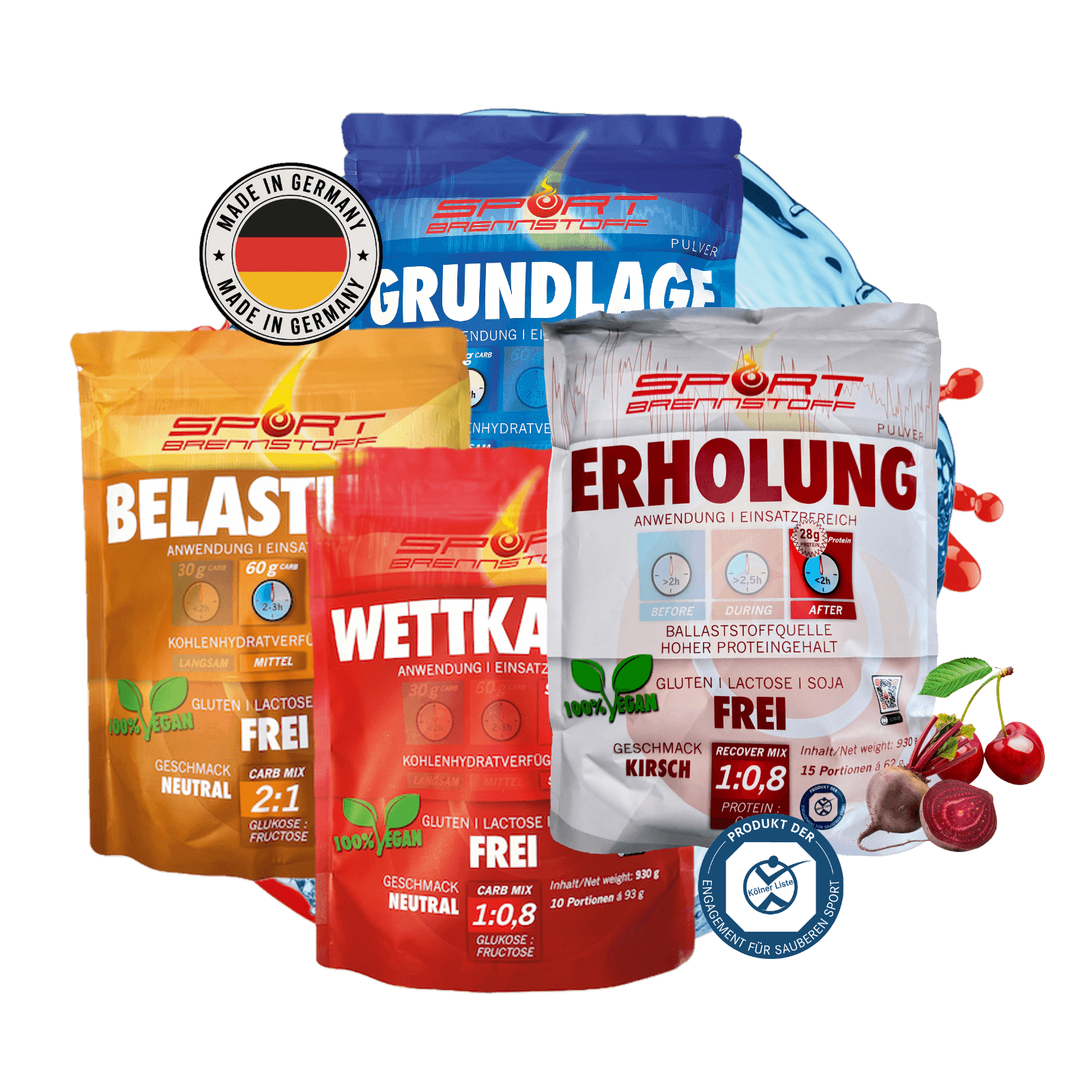

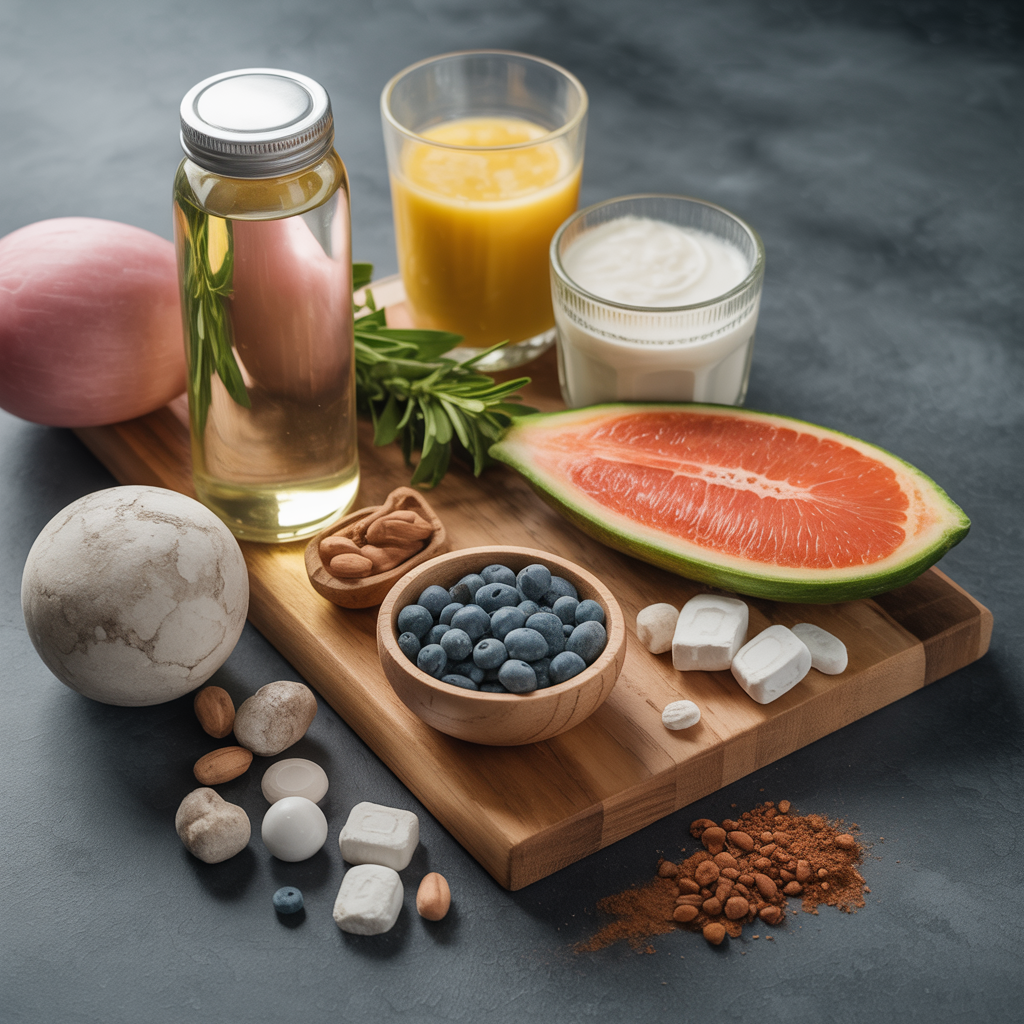

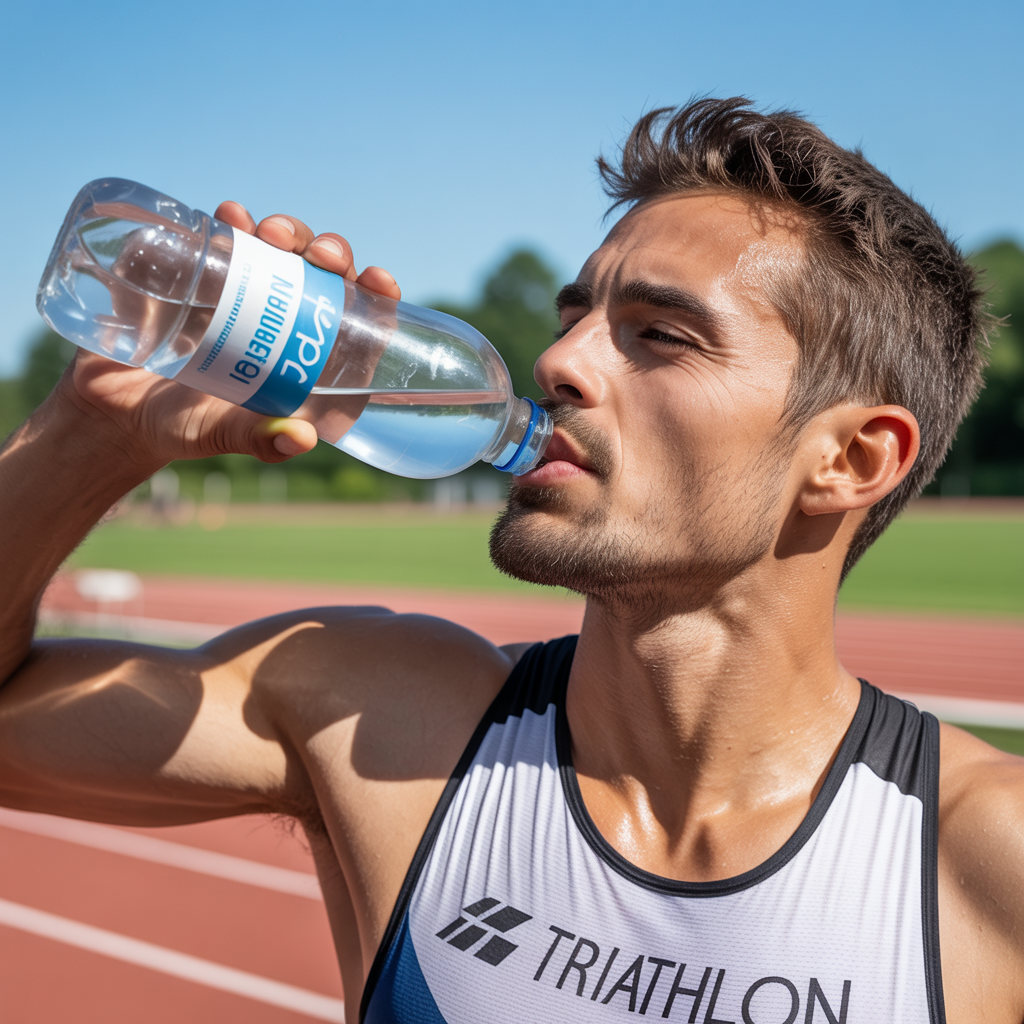
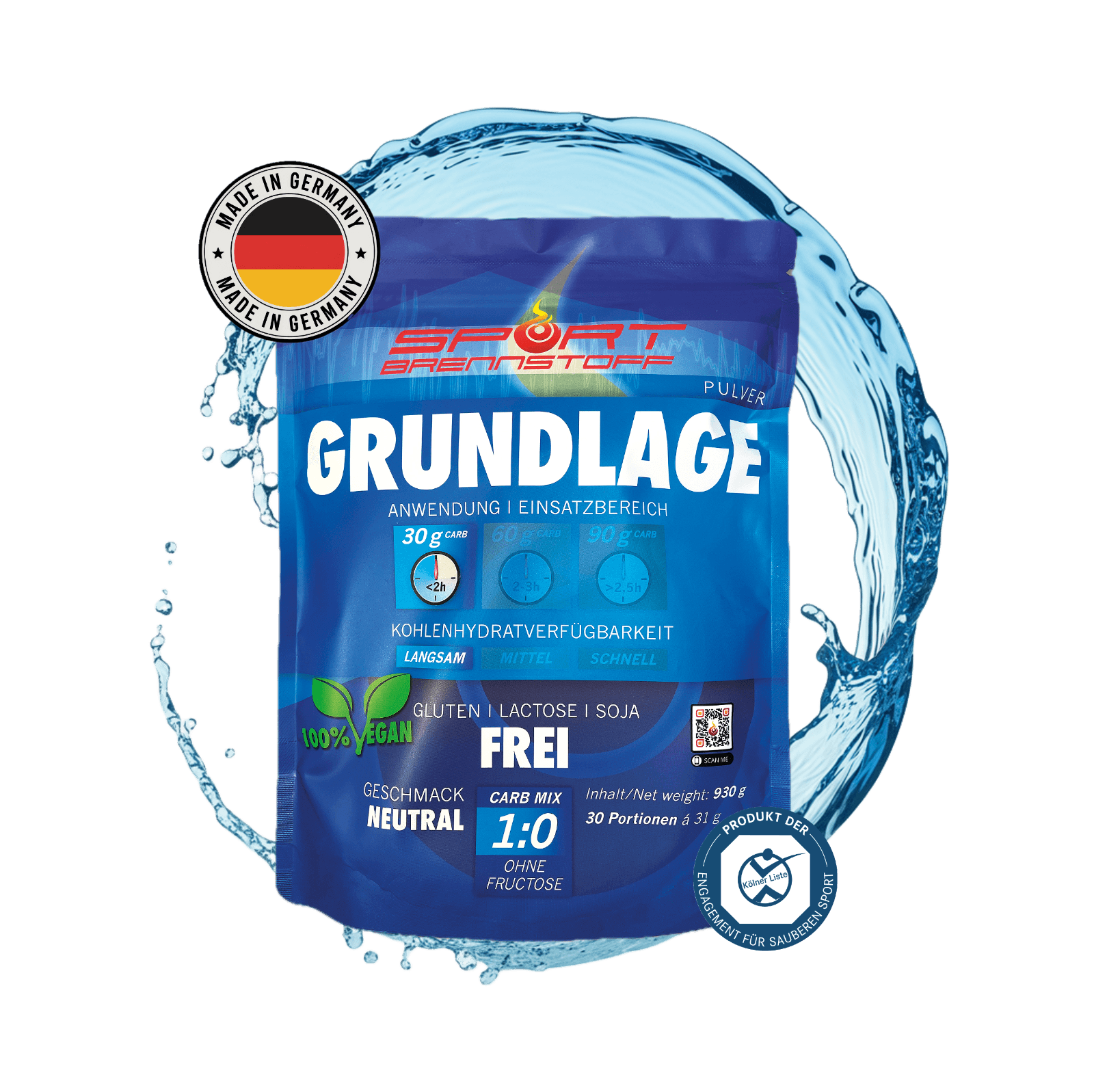
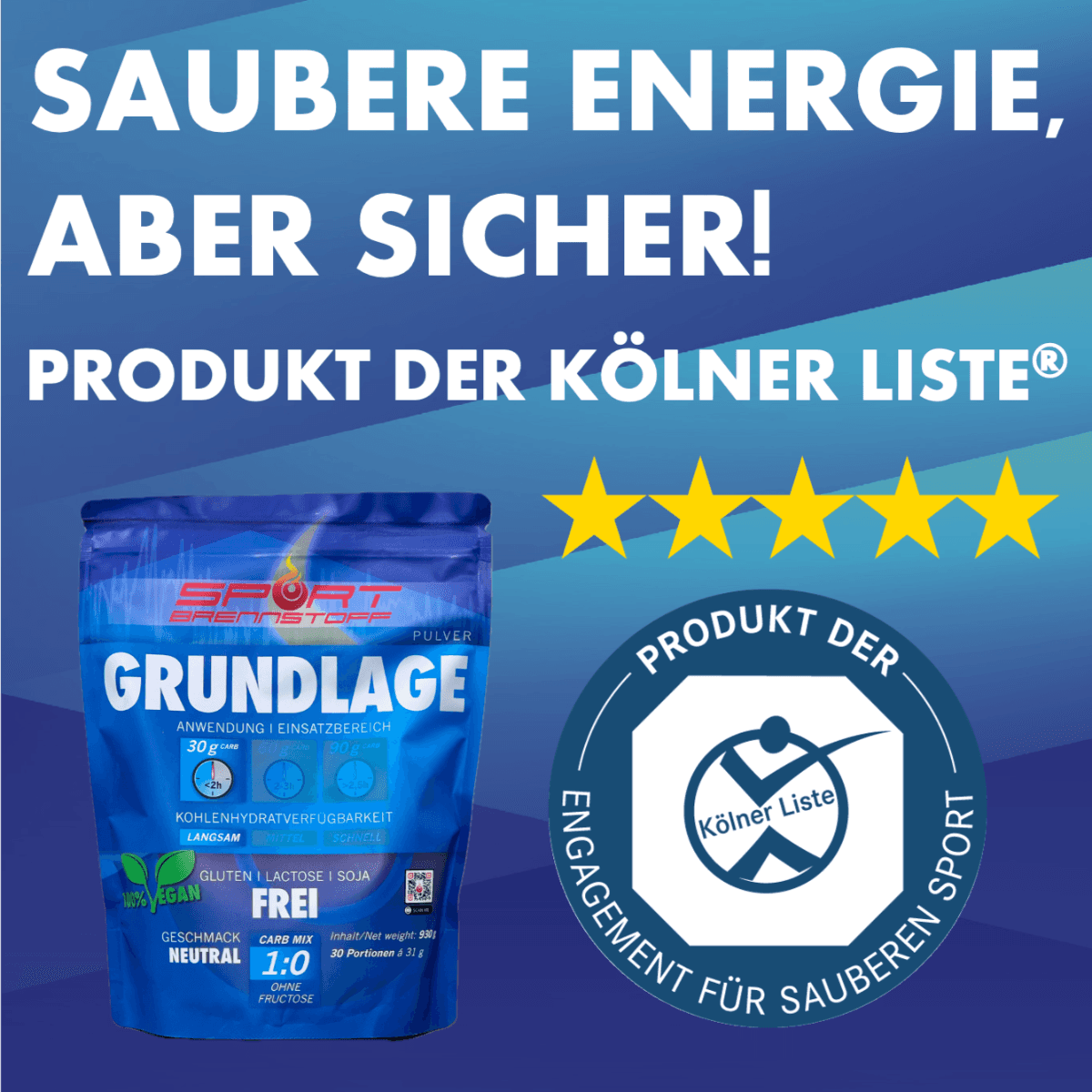
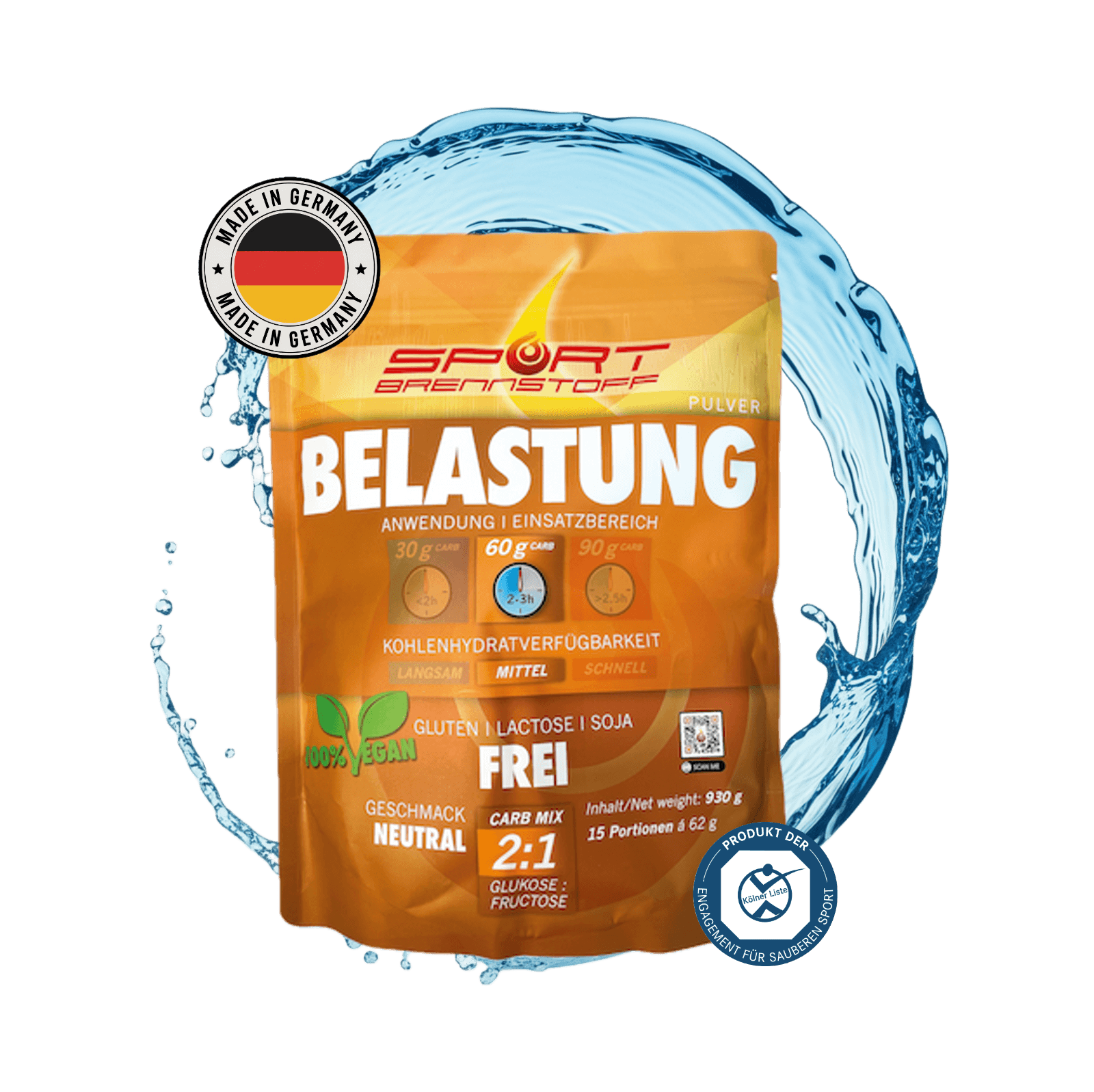
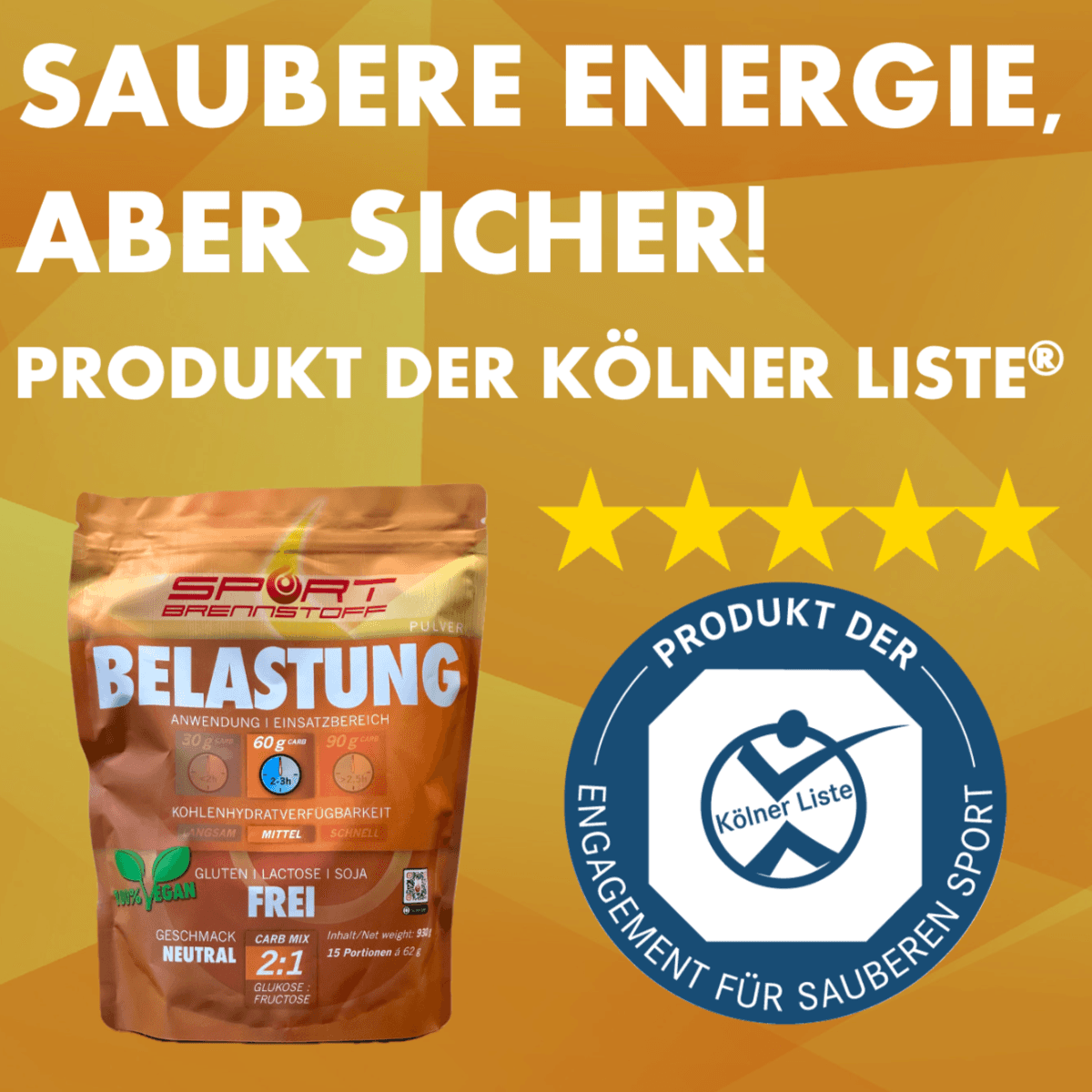
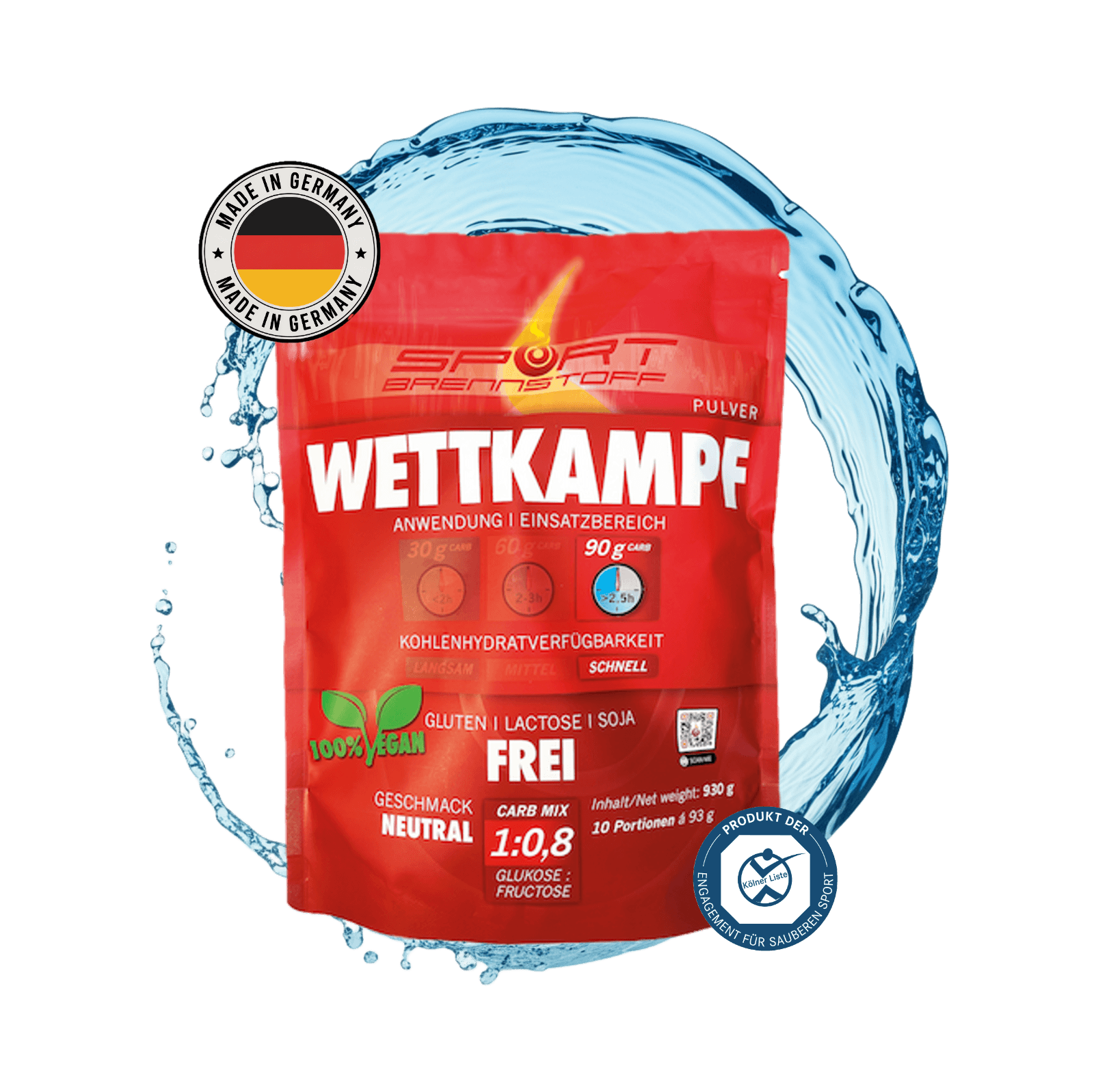
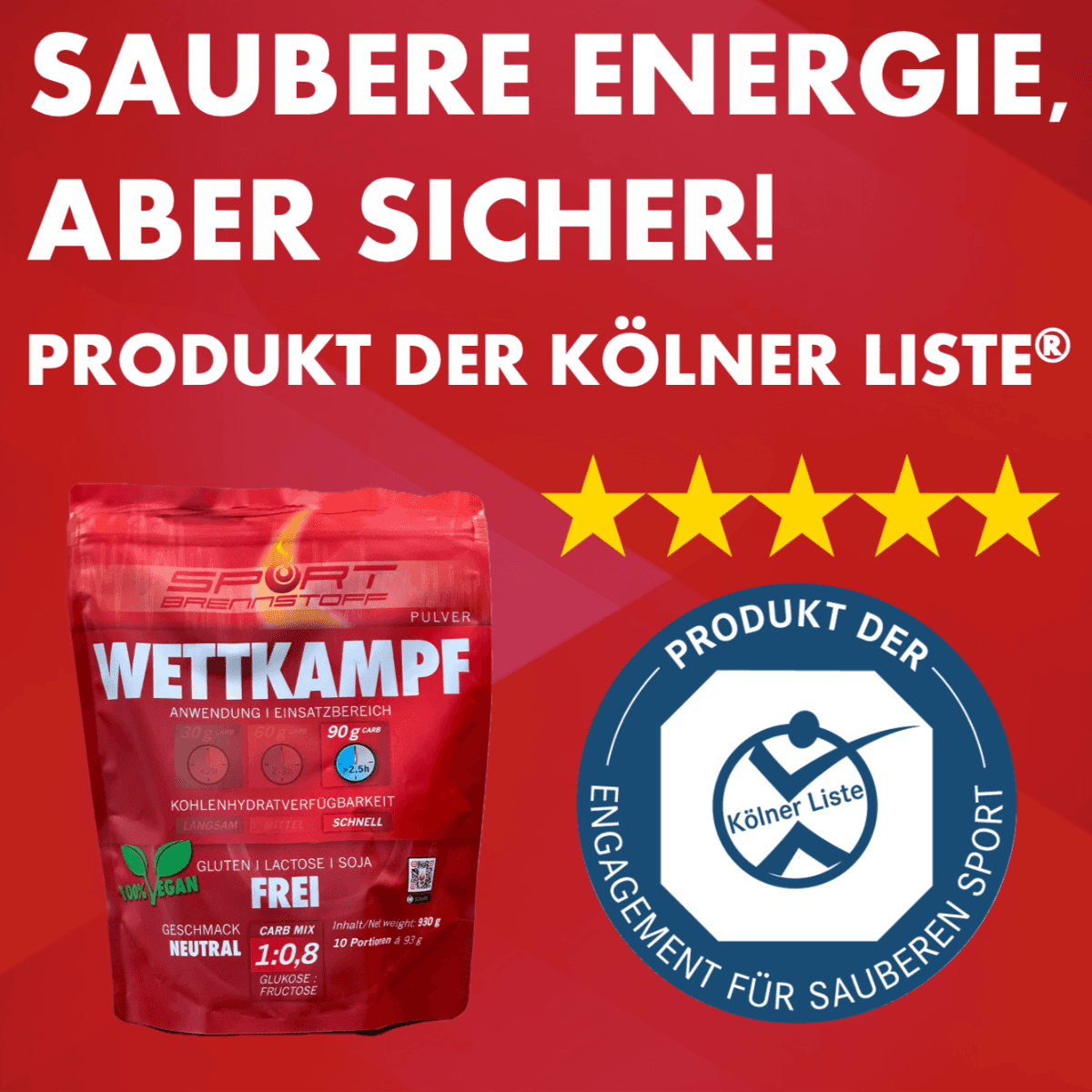
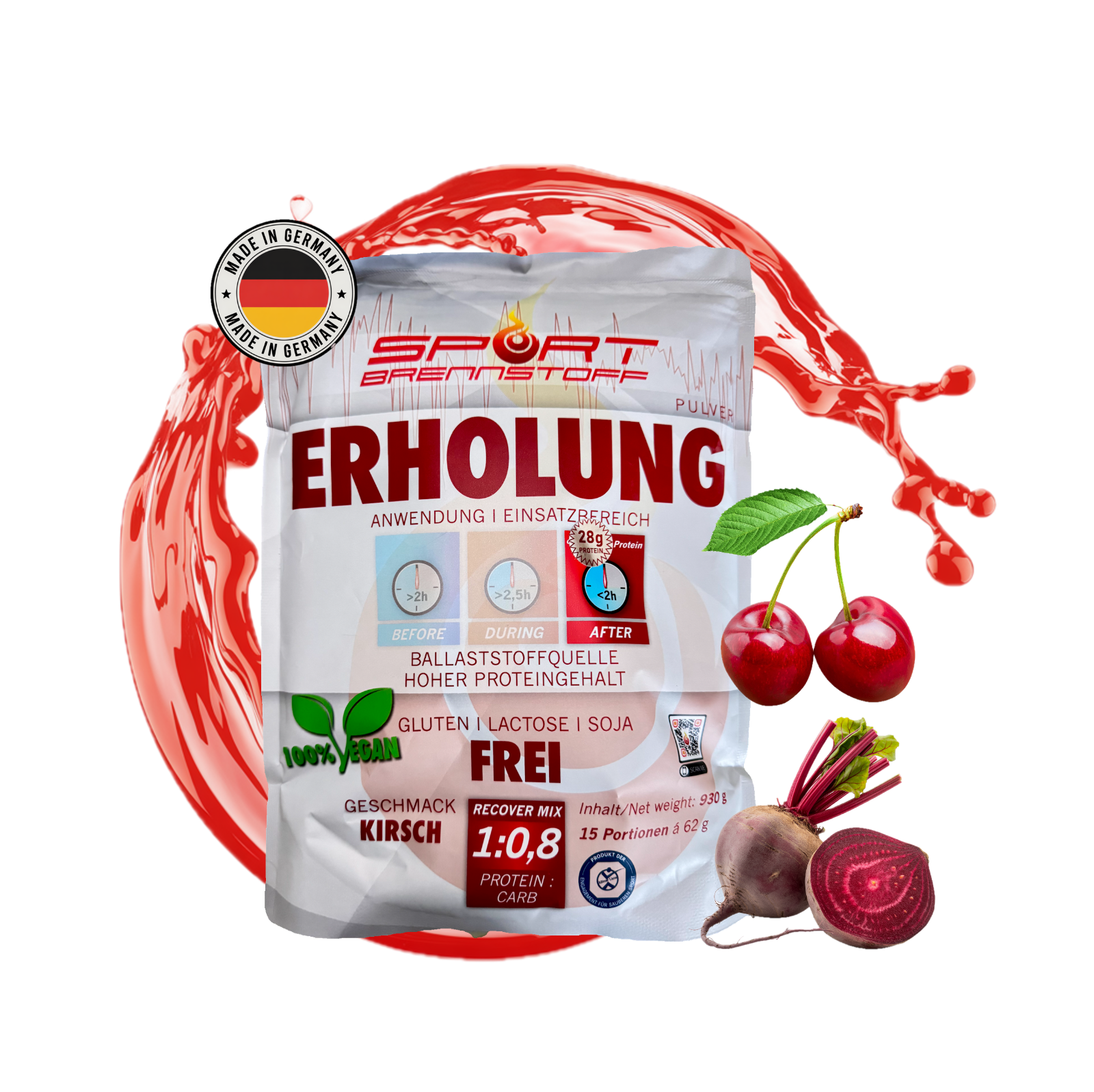






Leave a comment
All comments are moderated before being published.
This site is protected by hCaptcha and the hCaptcha Privacy Policy and Terms of Service apply.